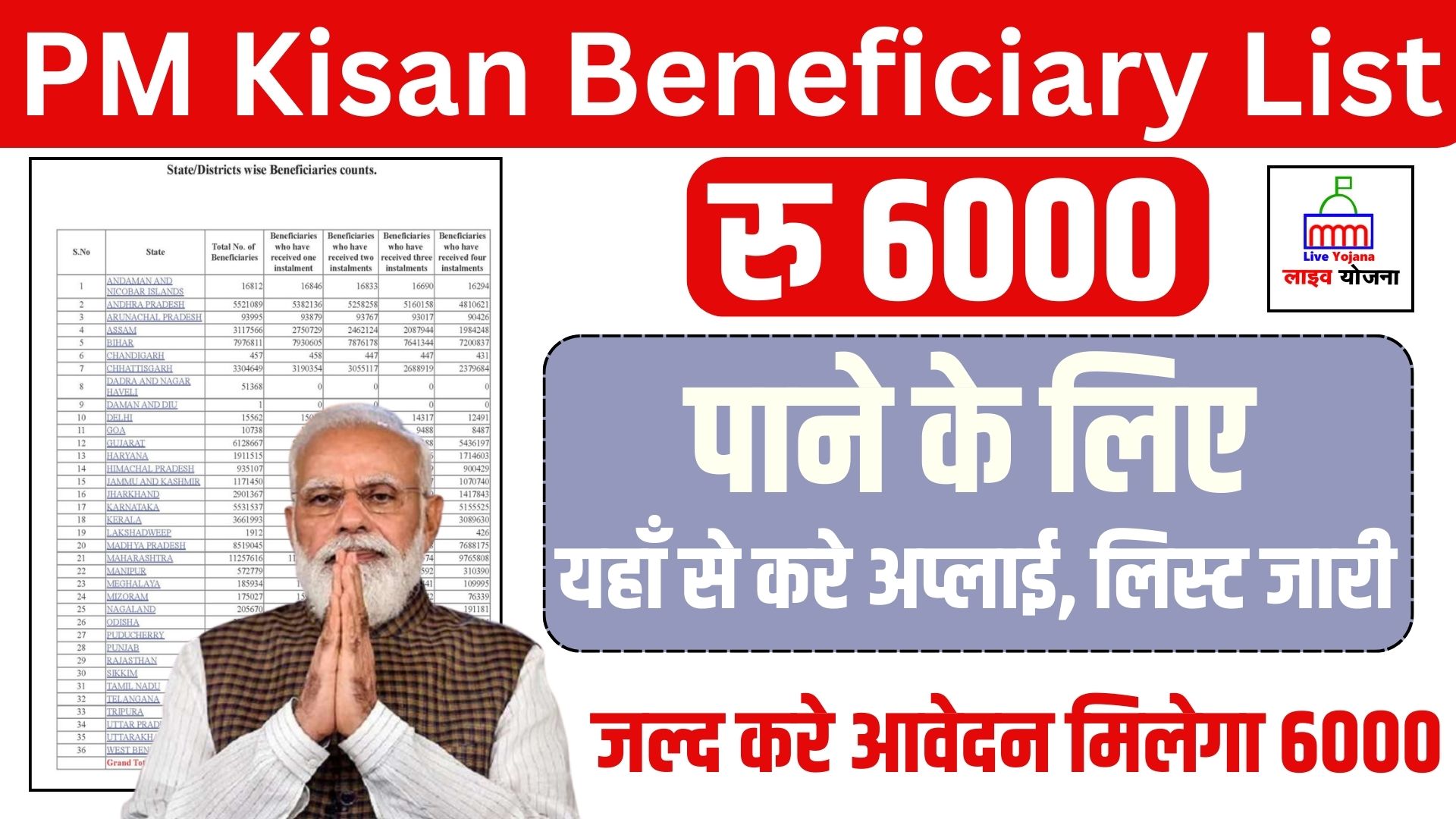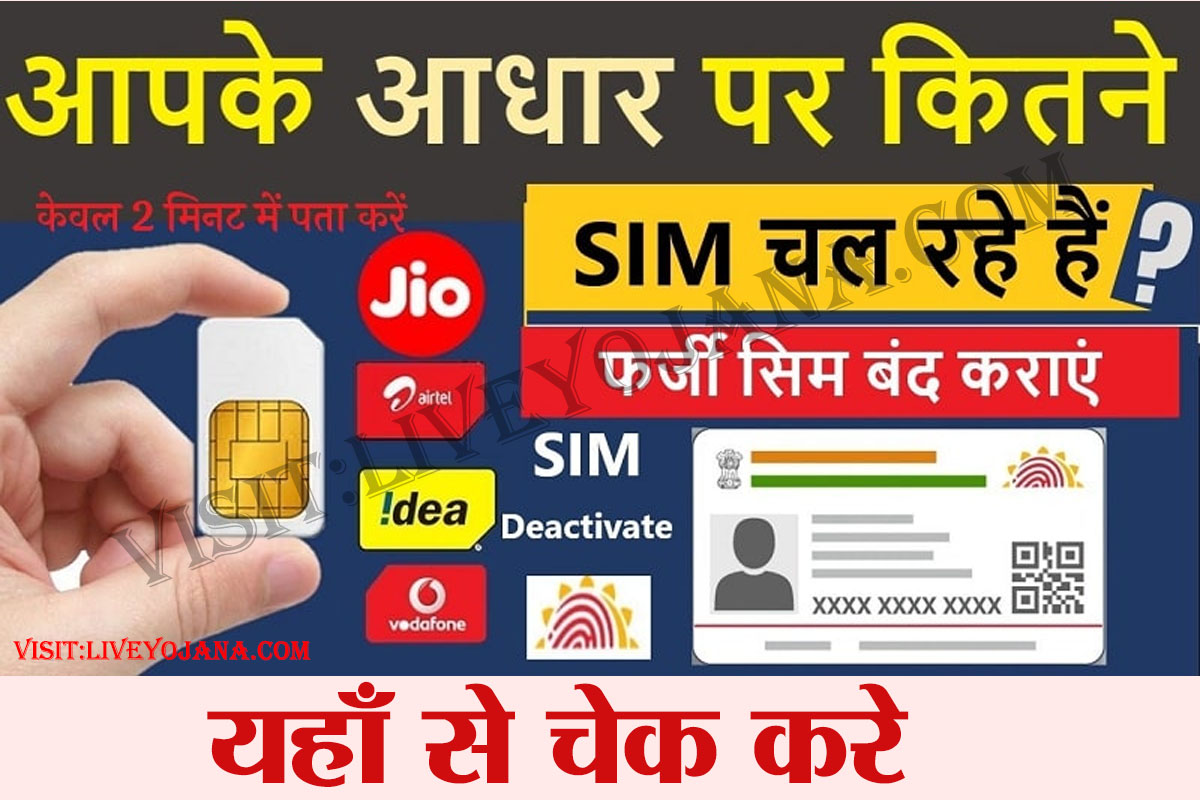In recent days, social media has been flooded with claims about a $6400 stimulus check, sparking hope and curiosity among Americans. A viral video featuring a voice resembling President Joe Biden claims the approval of a new economic relief program. However, government officials and experts have confirmed this information is entirely false. Let’s break down the facts, dispel the myths, and help you stay protected against similar scams.
WHAT'S IN THIS POST ?
The $6400 Stimulus Check: Understanding the Rumor
The viral video falsely claims that Americans can register for a prepaid “spending card” loaded with $6,400 as part of a new stimulus program. The voice mimicking President Biden adds credibility to the claim, causing widespread confusion.
However, Jenna Valle-Riestra, spokesperson for the U.S. Department of the Treasury, has debunked the rumor. Valle-Riestra confirmed:
- No such program exists.
- Any relief initiative of this magnitude would require Congressional approval, which hasn’t occurred.
Currently, there are no active discussions about a new stimulus check.

A Look Back: Real Stimulus Payments
While the $6,400 claim is false, the U.S. government has issued legitimate stimulus checks during the COVID-19 pandemic. These payments provided financial relief to families during economic uncertainty.
| Stimulus Check | Administration | Amount |
| First Check | Donald Trump | $1,200 per adult + $500 per child |
| Second Check | Donald Trump | $600 per individual |
| Third Check | Joe Biden | $1,400 per adult + dependents |
Each of these payments was passed by Congress and announced through official government platforms, unlike the current false claims.
Why Do These False Claims Spread?
Scammers take advantage of economic uncertainty to spread misinformation. The holiday season, rising inflation, or financial stress make families more vulnerable.
Key Reasons These Claims Spread:
- Financial Desperation: Families seeking assistance are eager to believe these claims.
- Social Media Reach: Platforms like Facebook and WhatsApp amplify misinformation quickly.
- Fake Credibility: Impersonating prominent figures, like government officials, adds false legitimacy.
Protecting Yourself from Stimulus Scams
Scammers use false claims to steal personal information or trick users into fake registrations. Here are some essential steps to protect yourself:
Key Steps to Avoid Online Scams
| Action | Why It’s Important |
| Verify information on government sites | Ensures you rely on credible sources |
| Avoid sharing sensitive data | Prevents identity theft and financial fraud |
| Report suspicious posts | Stops scam circulation |
| Stay informed about official updates | Avoids confusion and misinformation |
Additional Safety Tips:
- Check Official Websites: Use trusted platforms like IRS.gov or Treasury.gov.
- Avoid Unverified Links: Never click on suspicious or unverified registration links.
- Report Fraudulent Content: Notify social media platforms or government agencies.
Are New Stimulus Checks Being Considered?
Despite ongoing inflation and financial stress, there are no new stimulus checks approved by President Biden’s administration. Any new relief program would require Congressional approval, which would be publicly announced.
Currently:
- No stimulus checks are under discussion.
- Government officials emphasize staying cautious against misinformation.
Why You Should Trust Only Official Announcements
The federal government does not announce new economic relief programs through social media videos. Trusted communication channels include:
- Government Websites: IRS.gov, Treasury.gov
- Official Press Releases
- Verified News Outlets: Reliable news agencies report on legitimate programs.
Key Takeaways
- The $6,400 stimulus check rumor is false and debunked by officials.
- Scammers use impersonation, urgency, and false promises to spread misinformation.
- No new stimulus programs have been approved by the federal government.
- Always verify claims through official sources and avoid sharing personal data.
How Scammers Target Vulnerable People
Scammers often target individuals during times of economic stress. Here are some common tactics they use:
- Imitating Authority Figures: Fake voices, emails, or texts pretending to be government officials.
- Promising Large Payments: Unrealistic claims of financial relief attract attention.
- Creating Urgency: Pressure tactics like “Register Now” push people to act without verification.
- Asking for Personal Information: Sensitive data like Social Security or bank details are common red flags.
Conclusion: $6,400 Stimulus Check Rumor Debunked
The viral claim about a $6,400 stimulus check is entirely false. While the voice impersonation of President Biden may make it sound convincing, government officials confirm that no such program exists.
To protect yourself:
- Always rely on verified government websites for updates.
- Avoid sharing personal data.
- Report suspicious posts or scams.
Stay informed and cautious to protect yourself and your loved ones from financial fraud.
FAQs Related to $6400 Stimulus Check Rumor Debunked ?
No, there is no new stimulus check approved by the federal government. The claim circulating online is false.
Visit official government websites like IRS.gov or Treasury.gov for accurate updates.
Report the content to the platform and verify the claim through trusted sources before sharing or acting on it.




